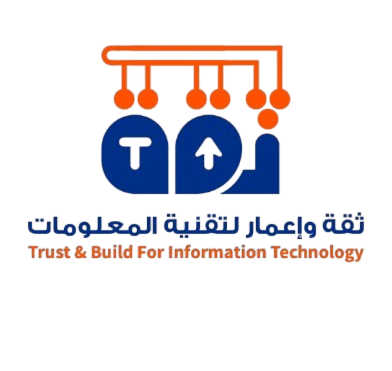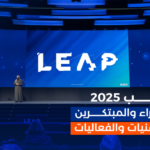- 10 December 2024
Vision 2030 is an ambitious initiative aimed at transforming the Saudi economy and achieving sustainable development across various sectors, including the real estate sector. One of the key aspects emphasized by this vision is the reliance on advanced technology to enhance the efficiency and effectiveness of this vital sector. This includes utilizing information and communication technology to facilitate buying and selling processes, property management, and enhance user experience.
How has Vision 2030 contributed to the development of the real estate sector with artificial intelligence technologies?
1. Promoting digital transformation in the real estate sector
Saudi Arabia, through its Vision for 2030, is working to promote digital transformation in the real estate sector. These efforts include utilizing information and communication technologies to streamline buying and selling processes, improve property management, and enhance user experience. Strong government support facilitates the development of digital real estate platforms that facilitate property search and provide accurate and up-to-date information.
2. Embracing smart construction technologies
Vision 2030 supports the adoption of smart construction technologies to enhance the quality and efficiency of construction. These technologies include the use of advanced materials, robotics, and artificial intelligence to accelerate construction processes and reduce costs. Through smart construction technologies, environmental sustainability can be enhanced, waste can be reduced, and efficiency increased.
3. Developing smart infrastructure
Vision 2030 aims to develop smart infrastructure that supports sustainable real estate growth. This includes establishing smart cities that leverage information and communication technologies to improve quality of life and deliver services efficiently. These cities rely on sophisticated communication networks and big data analysis to enhance urban planning.
4. Improving property management
Vision 2030 makes a significant contribution to improving property management through the adoption of information and artificial intelligence technologies. These efforts include using smart property management systems that enable efficient tracking and maintenance of properties, optimizing space utilization, and providing customized services to users. Property management technologies enhance transparency and reduce operational costs.
5. Developing real estate financing systems
Vision 2030 places special emphasis on developing real estate financing systems through financial technology (fintech). This includes providing digital real estate financing platforms that make it easy for customers to access property loans quickly and easily. Financial technology simplifies financing processes and increases access to financing options for citizens and investors.
6. Enhancing cybersecurity
As reliance on technology in the real estate sector increases, enhancing cybersecurity becomes vital to maintain the confidentiality of sensitive data and information. Vision 2030 focuses on developing advanced cybersecurity systems to protect customers’ financial and personal data, enhancing trust in digital operations.
An example of the Kingdom’s Vision 2030 prominent project in applying artificial intelligence and technology
The Qiddiya project is one of the foremost real estate initiatives within the Vision 2030 framework. This project has effectively integrated artificial intelligence technologies. The primary objective is to establish a smart city that leverages the latest and most advanced technologies, including AI. The project employs state-of-the-art technologies to meet its objectives,
such as:
– Big data analytics:
The Qiddiya project management relies on analyzing big data using artificial intelligence to analyze visitor behavior and preferences to enhance their experience and customize services and offers according to their needs.
– Intelligent management systems:
Artificial intelligence is used in managing facilities and services within the Qiddiya project. It can be utilized in event planning, guiding visitors, and improving maintenance processes to increase efficiency and reduce costs.
– Interactive experiences:
Artificial intelligence technologies provide interactive experiences for visitors, such as using virtual reality and augmented reality to increase their interaction and comfort.
– Enhancing safety and security:
Facial recognition technology and artificial intelligence tools are used to enhance safety and security within Qiddiya by analyzing data and responding to emergencies.
– Smart urban planning:
Artificial intelligence is used in planning and developing infrastructure and services in Qiddiya to anticipate future needs and design spaces that meet societal needs.
– Smart transportation systems:
Smart transportation systems are implemented based on technology to facilitate visitor movement within Qiddiya and provide up-to-date information on traffic flow and selected routes.



